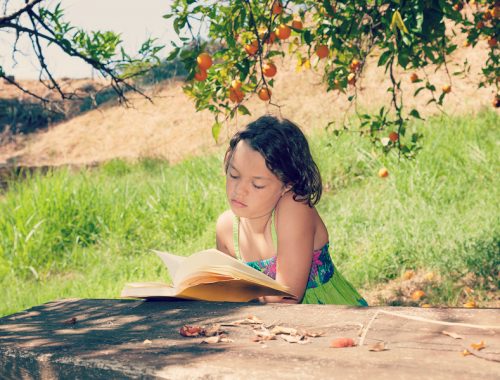There is growing debate about the potential health implications of the chemicals that leach from some plastics and their possible side effects on babies. As a precaution, The Consumer Product Safety Commission has advised parents to dispose of soft vinyl teethers and plastic toys that infants chew or suck on. Clear plastic baby bottles are another area of concern. Not much is known about the effect the chemicals in these plastics have on humans, so it may be prudent to limit your baby’s exposure to them.
An area of concern are items made from polyvinyl chloride (PVC), commonly known as vinyl, the soft texture of which is imparted by ‘plasticizing’ chemicals (DINP) and widely used in teethers. This is of concern given that teethers are specifically designed to be ‘mouthed’ and the chewing action can break down the plastic, accelerating the release of chemicals. Pacifiers and nipples are made of latex or silicone, and so are not of concern. However, keep in mind that teethers pose little risk because the amount of DINP that may be ingested is below the level believed to be harmful. Having said that, more research is needed and in the mean time many manufacturers have reformulated their products and switched to less controversial materials which contain no plasticizers. In addition, many retailers stock only products that manufacturers vouch for as phthalate-free.
Baby bottles are made from polycarbonate, a clear and rigid plastic. Critics say that parents should avoid any possible exposure to bisphenol-A found in polycarbonate baby bottles and replace them with bottles made of glass or polyethylene, an opaque, less-shiny plastic that does not leach bisphenol-A. Glass bottles or bottles made of an opaque, less shiny plastic is recommended. These bottles are often coloured.
However, the plastics industry states that polycarbonate baby bottles are ‘among the safest… ways to bottle-feed a baby’, and ‘that polycarbonate has been studied and tested for over 40 years and its use for products that come in contact with food is regulated by the Canadian Food Inspection Agency and Health Canada.’
If you have questions about the constitution of the products you are using, call the manufacturer’s toll-free number you’ll find on the packaging before using it to reassure yourself that the item is safe.
Medela and Born Free bottles are both free of bisphenol-A.


